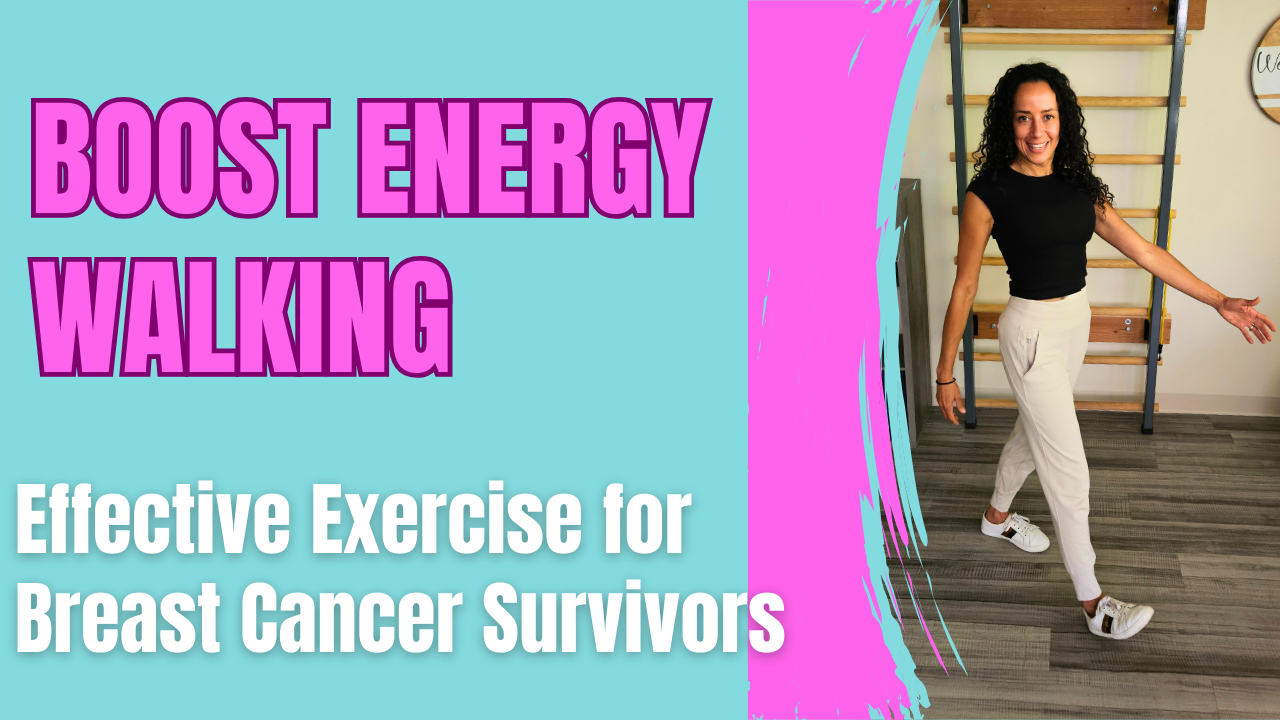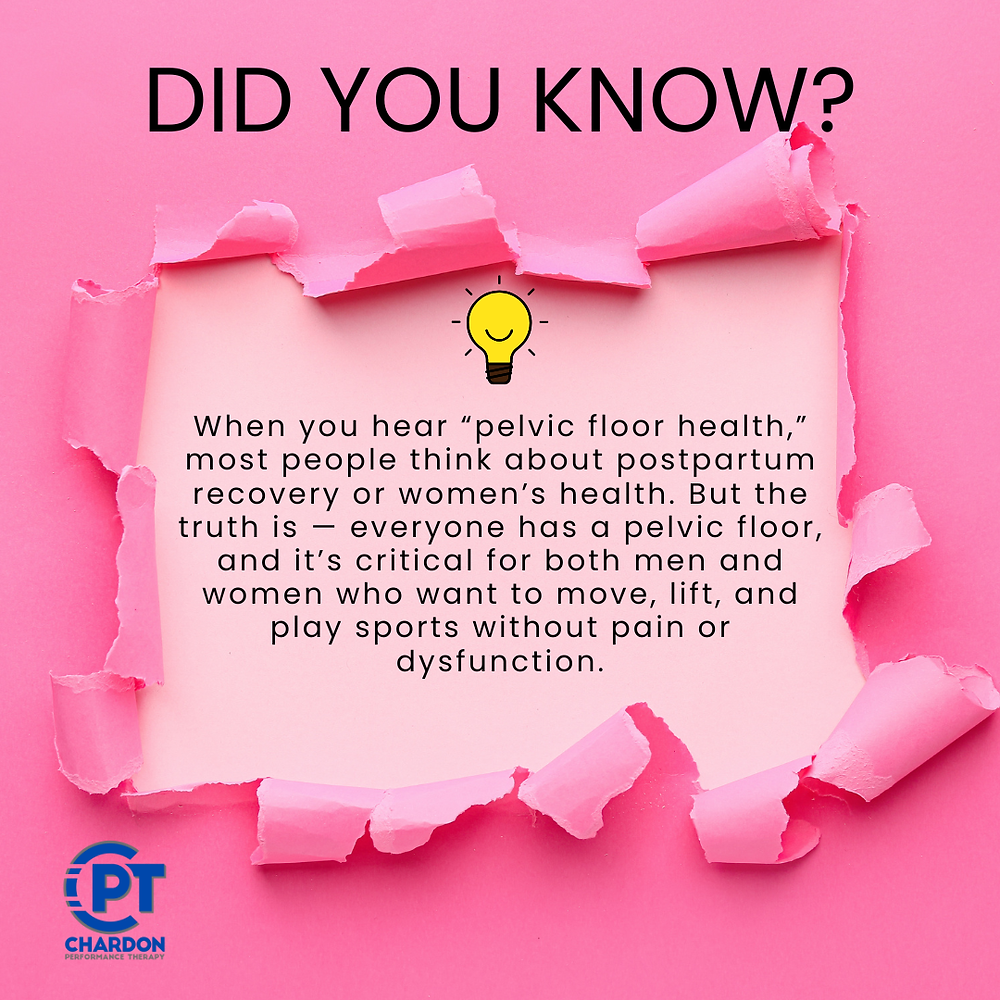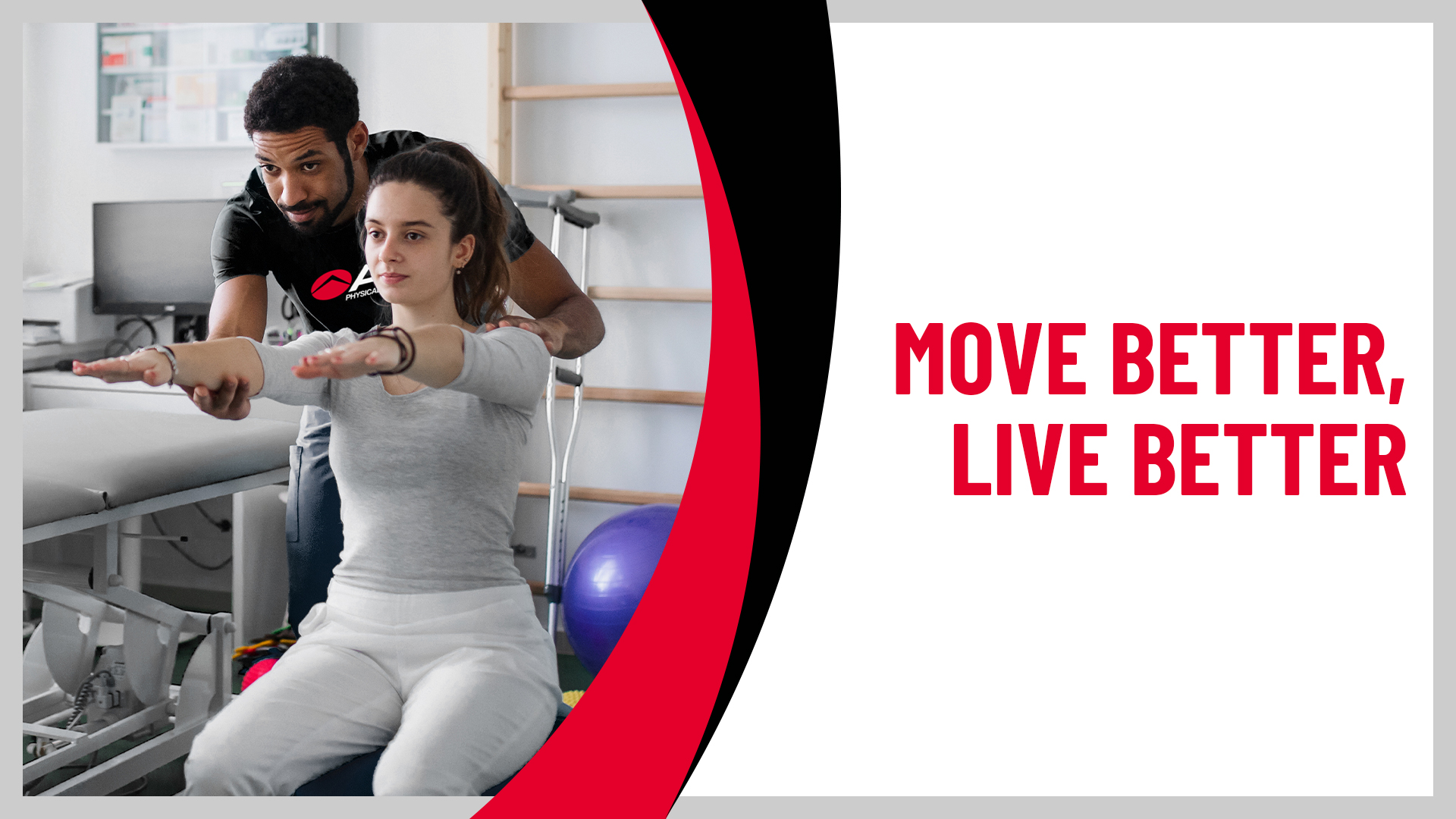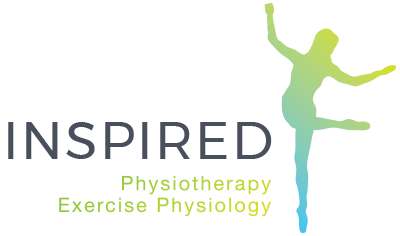Exercise is one of the most effective, low-cost “therapies” to support recovery during and after cancer care. For breast cancer in particular, regular physical activity is linked to less fatigue, better quality of life, improved physical function, and healthier body composition. Interval walking adds short bouts of higher effort without needing to run or jump—perfect when joints or energy levels are sensitive. (PMC, Cancer.gov, ACSM)
Potential benefits for breast cancer survivors
- — Less cancer-related fatigue and better day-to-day energy. (PMC)
- — Stronger heart & lungs (VO₂peak) and leg strength—key for climbing stairs, walking longer, and returning to work or caregiving. (PubMed)
- — Lower blood pressure and healthier blood sugars—important with endocrine therapy or steroid exposure. (PubMed)
- — Mood & sleep support, which often take a hit during treatment. (Summarized in oncology exercise guidelines.) (ACSM)
Note: Exercise complements—not replaces—your oncology care. Always clear new activity with your medical team, especially if you have active treatment, anemia, bone metastases, neuropathy, or lymphedema.










